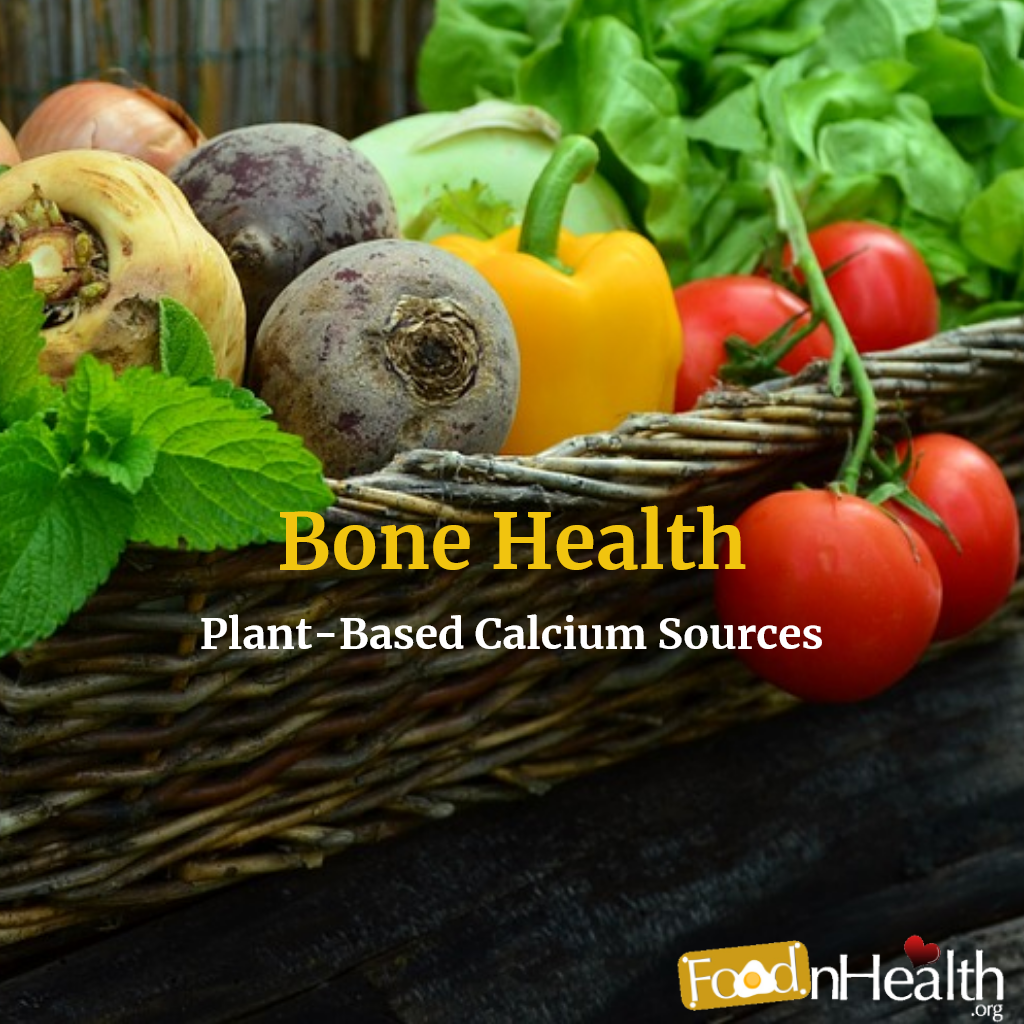Our bones are very important and, unless broken or fractured, they are often not a priority when most people think of health. They give us our form, help us move and protect our vital organs. The bone marrow is responsible for blood cell production as they produce the red blood cells needed to transport oxygen around the body, the white blood cells required by the immune system, the adipocytes or fat cells, and the fibroblasts that help make connective tissue.
It goes without saying then that we need to take care of our bones, and one thing we can do is observe proper posture. A conventional position of the body explains our Tina Howell “provides the platform for a healthy body, strong bones, and painless nights.” Aside from that, we can also nourish our bones so they will be strong and healthy. To this end, here are some nutritional tidbits to keep in mind:
Get Lots of Calcium and Vitamin D
Our bones need lots of calcium and vitamin D, according to the International Osteoporosis Foundation, as they go hand-in-hand in keeping the bones healthy. Calcium is the major building block of bone tissue, which means our bones need a steady stream of this mineral to fully form and be strong. However, the calcium will be useless if the body doesn’t get vitamin D, as this nutrient helps the bones absorb calcium.

But how much calcium do we really need? You might have heard that adults need 1,200 mg of calcium a day, but Dr. Walter Willett of Harvard’s Department of Nutrition disagrees with this long-accepted recommendation. Instead, Dr. Willett vouches for either the 500 mg per day recommendation of the World Health Organization or at most, the 700 mg a day endorsement from experts in the United Kingdom.
Dr. Willet also recommends that we get our daily fill of calcium naturally by consuming foods such as collard greens, broccoli, oranges, salmon, sardines, ricotta, yogurt, soy beans, Bok choy, American and Feta cheese, and fortified cereal. Calcium supplements, which can prove useful in some cases, should be generally avoided as calcium supplementation has been shown to increase risk factors for kidney stones and heart attack.
As mentioned, vitamin D is vital, too, and it was even introduced as a requirement to prevent rickets in children. Vitamin D is made in the skin when it is exposed to the sun’s ultraviolet radiation. The skin’s ability to convert sunlight into vitamin D, though, varies from person to person and depends on a variety of factors like skin color and age. People with darker skin color, for instance, produce less vitamin D compared to lighter-skinned people. Age, meanwhile, is another variable as our skin loses much of its ability to turn sunlight into vitamin D as we get older.
Don’t Forget Magnesium, Phosphorus, and Vitamin K
As discussed above, our ability to convert sunlight to vitamin D varies considerably, so it is important that we use other “helpers” that can aid our bones in absorbing the calcium they need. Help Guide’s article on ‘Calcium and Bone Health’ reveals that magnesium helps in calcium absorption, and adult males need 400–420 mg daily of this mineral, while adult females need 310–320 mg a day. Magnesium-rich foods include almonds, cashews, whole grains, legumes, tofu, and vegetables such as spinach, summer squash, broccoli, and celery.
Phosphorus, on the other hand, “assists” calcium in building bones, although getting too much of it can actually cause your body to absorb less calcium. In some instances, phosphorus levels way beyond the recommended 700 mg per day can even be fatal. For our daily fill of this mineral, we can eat dairy products, fish, lentils and whole grains.
Vitamin K is important because it helps strengthen bones. Perhaps more importantly, it aids in regulating calcium absorption, which in turn, is crucial in making sure that the body does not absorb any more calcium than it needs. The daily recommendation for vitamin K is 120 and 90 mg daily for adult males and females, respectively, and can be found in broccoli, kale, dark green lettuce, Brussels sprouts, and collard greens.
Take Note of These Nutrients
There are other nutrients that can help keep our bones strong and healthy. Some of these nutrients have been listed by American Bone Health, and include potassium, zinc, and vitamin B12. Potassium helps neutralize acids that can adversely affect bone health. Zinc, meanwhile, stabilizes the receptor proteins that help us convert UV rays into much-needed vitamin D. Vitamin B12 helps in bone formation by stimulating bone-building cells.
Nutrition is not the only way to improve bone health. A study on NCBI titled Bone Density and Young Athletic Women found “[that] impact loading sports such as gymnastics, rugby or volleyball tend to produce a better overall osteogenic response than sports without impact loading”. A Men’s Journal article on the connection between sport and bone density also found that sports that included “jumping and fast starts and stops could increase bone density in men”. Exercise is a key factor to bone health as men who were sedentary for 5 years lost 2.1 percent of their bone density. Unfortunately while sport is good for bone health, it is also a leading cause of bone damage through injuries. Ladbrokes in their list of ‘10 Famous Sports Injuries’ show that bone injuries in high impact sports, like soccer or MMA, is common. The list points to soccer star Neymar and UFC fighter Anderson Silva as two examples of bone related injuries in various sports. Then again, injuries are part of sports, and the risk-reward conundrum leans on the rewards more than the risks. Those who play sports should follow the above dietary advice to ensure good bone health and reduce the chances of injury.
We hope this article has explained why bone health should be a health priority, and how to make sure your diet helps improve your bone health.























